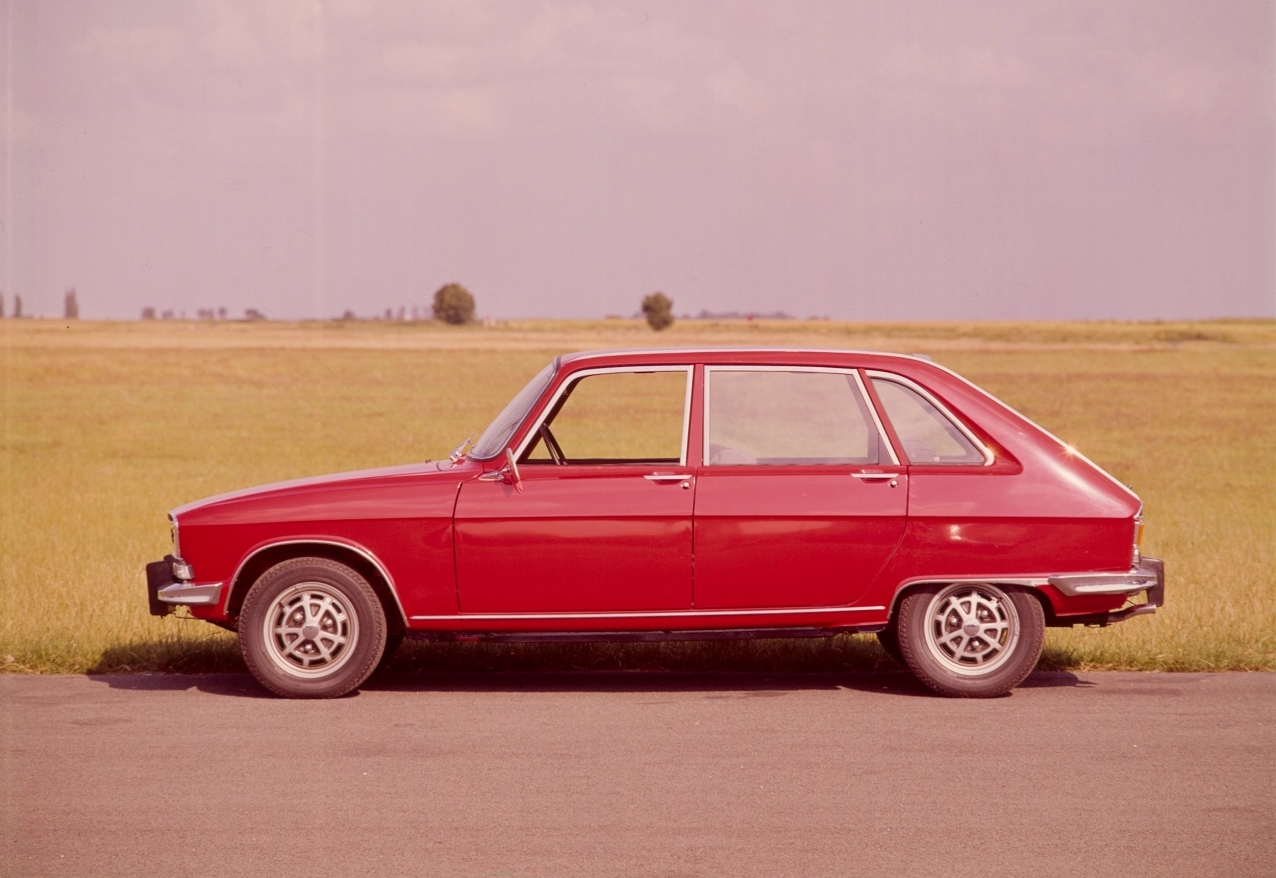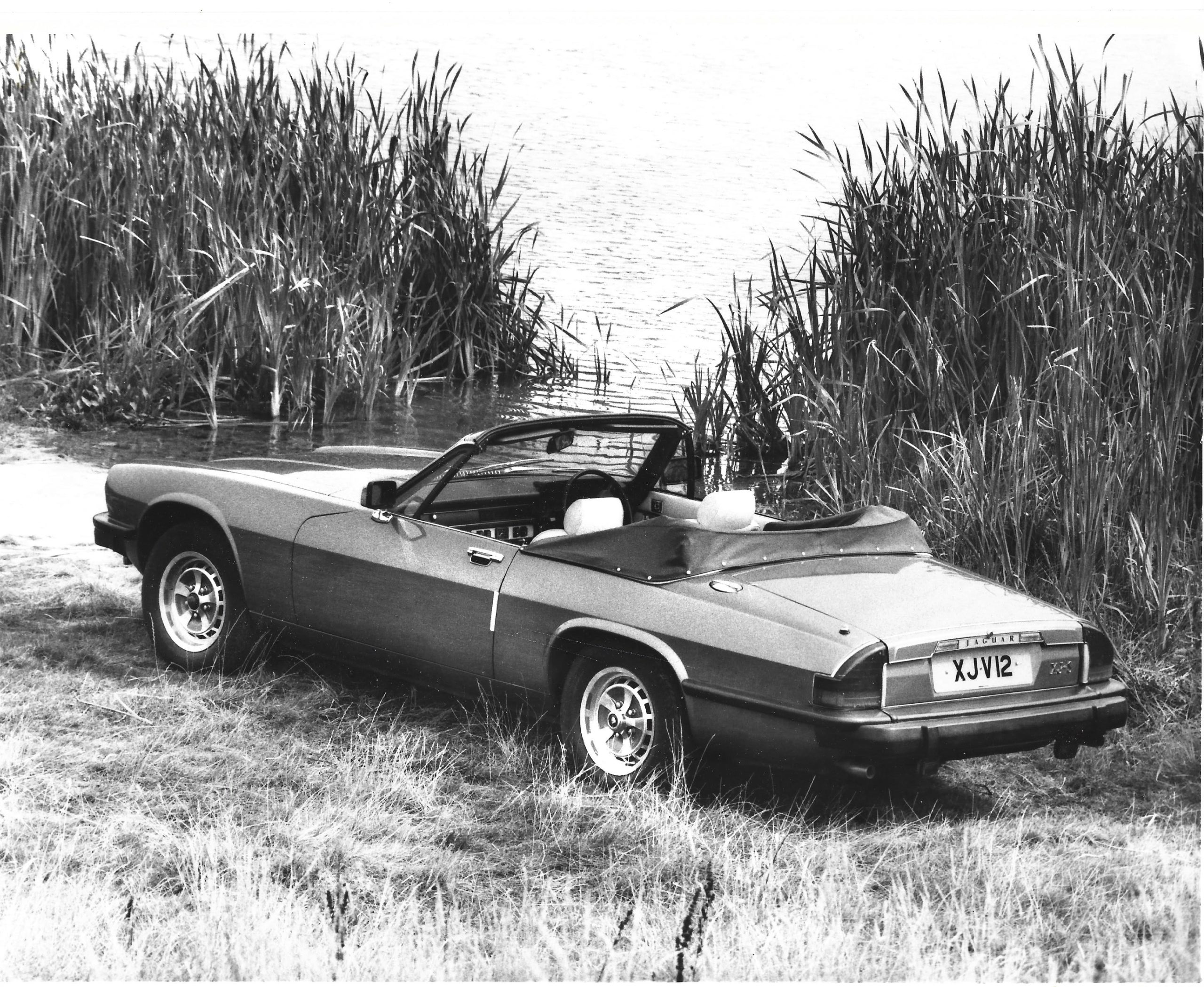As we take our beloved classics out from winter hibernation, here are some things to think about to prevent what should be a glorious occasion from turning into a tragedy:
- Check the condition of your petrol lines: One of the most common sources of engine compartment fires is perished petrol lines leaking fuel onto something hot, like your exhaust manifold. Often, it’s not just the lines themselves but the junctions between them. Lotus in particular was notorious for specifying plastic T-junctions between petrol lines. Over time these would break with predictable results. If your car still has them today, replace them immediately with a metal part.
- Check the condition of your carburettors: After expired petrol lines, leaking carburettors are the leading culprit for engine compartment fires. SU and Zenith-Stromberg floats can stick, overfilling the bowls and allowing fuel to leak. Open your bonnet and have someone carefully inspect your carburettors when starting the car for the first time.
- Check your battery tie-down and connections: If you choose to remove your battery for the season, double check that you’ve reconnected it properly. It can actually get confusing. Cars built in the UK prior to the mid-1960s were positive rather than negative earth cars. There is usually a decal or a marking in one of the instruments to indicate this. Adding to confusion, however, is the fact that many cars have been converted over the years. Check and re-check here. Also, make sure that your battery is properly secured. A badly secured battery can tip over and make contact with something metal, leading to sparking and fire. This is particularly dangerous if your battery is mounted under a seat with foam or horse hair stuffing.
- Check your wiring: Rodents gnawing on old wiring can create dangerous short circuits and lead to a dash fire. Take a torch and have a good look behind and under the dash. And it’s always good practice to check your fuses to make sure they’re the proper amperage.
- Always carry a fresh fire extinguisher: Your final line of defense is good fire suppression equipment. Always carry an extinguiser and check the status of its charge annually.
How much is your car to insure? Find out in four easy steps.
Get a quote







